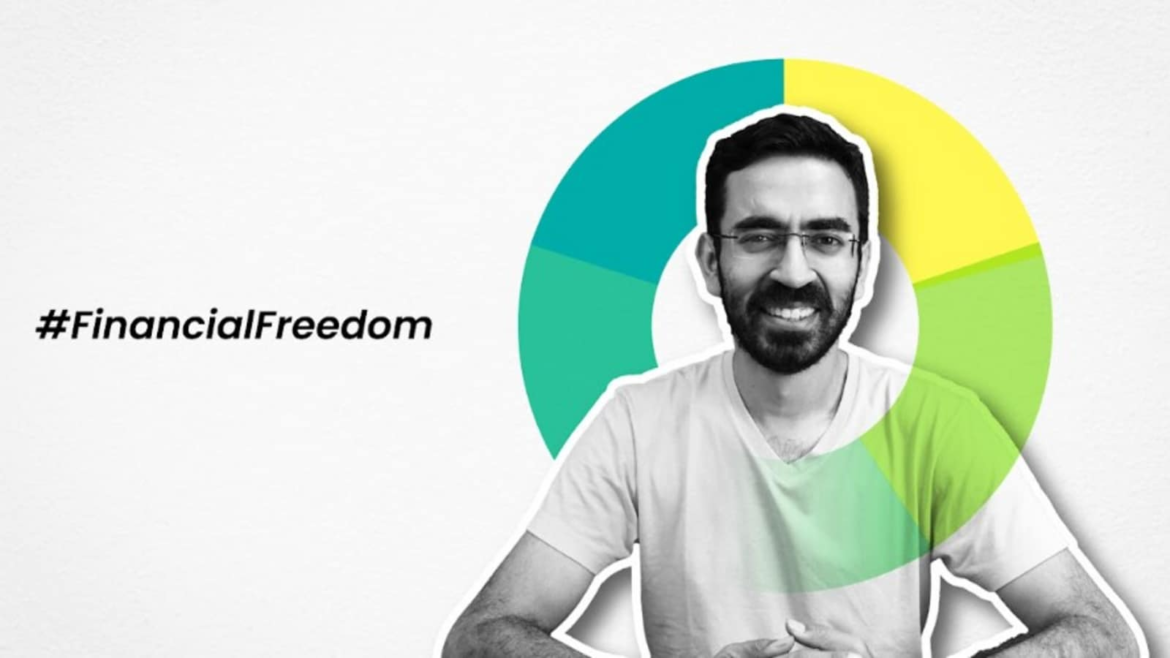Table of Contents
Owning a car was once a default choice. But, for today’s urban professional, the decision is driven by more than aspiration.
With rising fuel prices, variable cab fares, and the long-term financial commitment of owning a car, even mobility comes with an opportunity cost. For many, the question is no longer “Should I buy a car?” but “Will I use it enough to justify the cost?”
You face the choice between buying a car, leasing one, or relying on a ride-hailing service. It is not an easy decision; it requires more than a cost comparison.
Finology Research Desk applied a cost-per-kilometre model, breaking down this decision into 2 essential variables:
- The total kilometres you expect to cover over five years
- The effective cost per kilometre for each transport option
With this mental model, you can evaluate which choice is better depending on your lifestyle, location, and priorities.
When Does Buying A Car Make Sense?
If you commute around 15,000 km annually, owning a car becomes economically viable. At that level, fixed costs such as EMIs, maintenance, and insurance start spreading out more efficiently across your total distance.
Owning a car also makes more sense for people who:
- Travel to multiple, unpredictable locations during the day.
- Live in remote areas with unreliable/consistently expensive cab service.
- You’re a working woman who prioritises safety and privacy over cost.
- Your job or lifestyle requires travel to multiple locations, not a fixed route.
- Plan to use the car for at least 5–10 years.
Let’s take a practical example: you buy a Maruti Suzuki Swift (higher variant) in Delhi, with an on-road price of ₹10.5 lakh.
You finance it with a 5-year loan at 9.4%, drive about 15,000 km a year, and spend ₹95 per litre on petrol.
The underlying assumption is that you’ll clock 75,000 km over 5 years. Add up all costs (loan interest, fuel, insurance, maintenance), subtract the resale value, and you get the net cost of ownership.
Source: Finology Research Desk
So, if your usage is high and you plan to retain the car for several years, your effective cost per kilometre stabilises around ₹16 to 17. This is generally lower than most ride-hailing costs in urban India. Hence, buying a car makes sense for you.
More Usage = Lower Cost/Kilometre
Understanding effective cost per kilometre is quite interesting because it negatively correlates with your travel. So, the more you travel, the less your cost per kilometre. That’s because while fuel is variable, loan interest, maintenance, and insurance are fixed.
Let’s look at how this works across different usage levels using the same Maruti Suzuki Swift example.
Effective cost/km table with a ±5% error range:
Source: Finology Research Desk
If you drive more, you spread those fixed costs over a larger distance, bringing down the average cost of every kilometre.
This is why car ownership tends to suit people with high daily mobility. It also implies that buying a used car or avoiding loans altogether can improve the numbers even further by lowering the upfront capital cost.
Tax On New vs Used Cars
Taxes are a less obvious but still significant part of the cost equation. In India, new petrol cars with engines under 1.2L attract a GST + cess of 29%.
However, a used car, when bought from a registered dealer, is taxed uniformly at 18%, regardless of the engine size.
Here’s how the tax structure breaks down:
Source: Finology Research Desk
This difference can add up, especially for buyers looking at mid-range cars. So if you go for a used car, you can reduce tax, registration, and insurance costs.
When Does Hiring a Cab Make Sense?
For people travelling short distances, especially under 9,000 km a year, ride-hailing services tend to work out cheaper. If your job requires you to change cities every couple of years, or you lack parking at home or work.
The average per-kilometre cost, including surge pricing, ranges from ₹20 to ₹22.
To evaluate this fairly, we mapped 5-year travel ranges against their total cost at this per-km rate.
Source: Finology Research Desk
The takeaway is clear: ride-hailing apps are more cost-efficient if you’re driving less than 40,000–45,000 km over five years. Beyond that point, the economics start tipping in favour of owning a vehicle.
This is especially true for people with unpredictable routes or those who often need last-minute transport in non-metro areas, where cab availability isn’t guaranteed.
The Final Verdict
Buying a car in India is often an emotional decision. But the cost-per-kilometre mental model highlights the harsh truth: car ownership only makes sense for frequent drivers because the fixed costs get absorbed over distance. For others, booking a taxi may offer better flexibility and financial sense.
What really matters in the long-term is clarity about your usage, your time horizon, and how far each rupee takes you. The more consistently you drive, the more ownership justifies itself. The less you travel, the less efficient and practical it becomes to own a car.
Finology 30 applies the same long-term clarity to equity investing. It is a bundle of 30 thoroughly researched stocks that justify long-term ownership through efficient capital use and sound governance.
Finology is a SEBI-registered investment advisor firm with registration number: INA000012218.
Disclaimer: The views and recommendations made above are those of individual analysts or broking companies, and not of Mint. We advise investors to check with certified experts before making any investment decisions.

